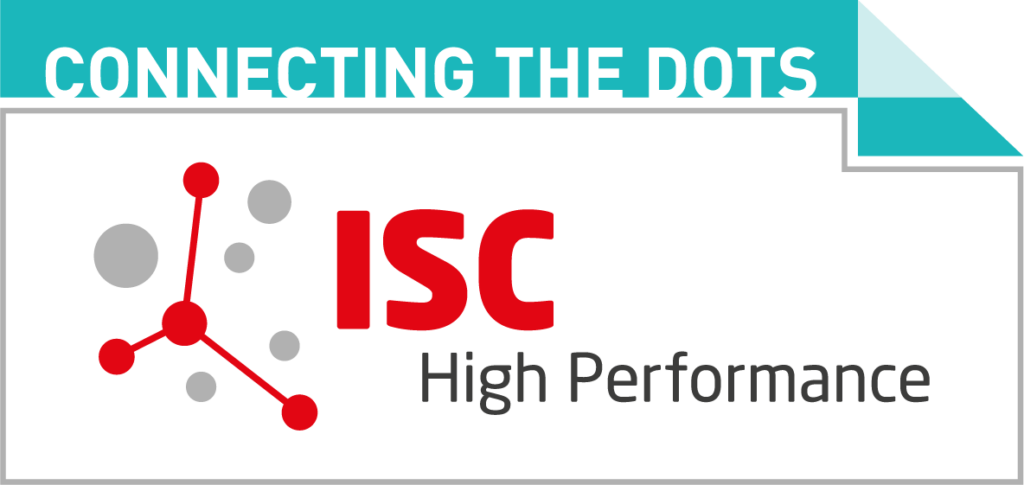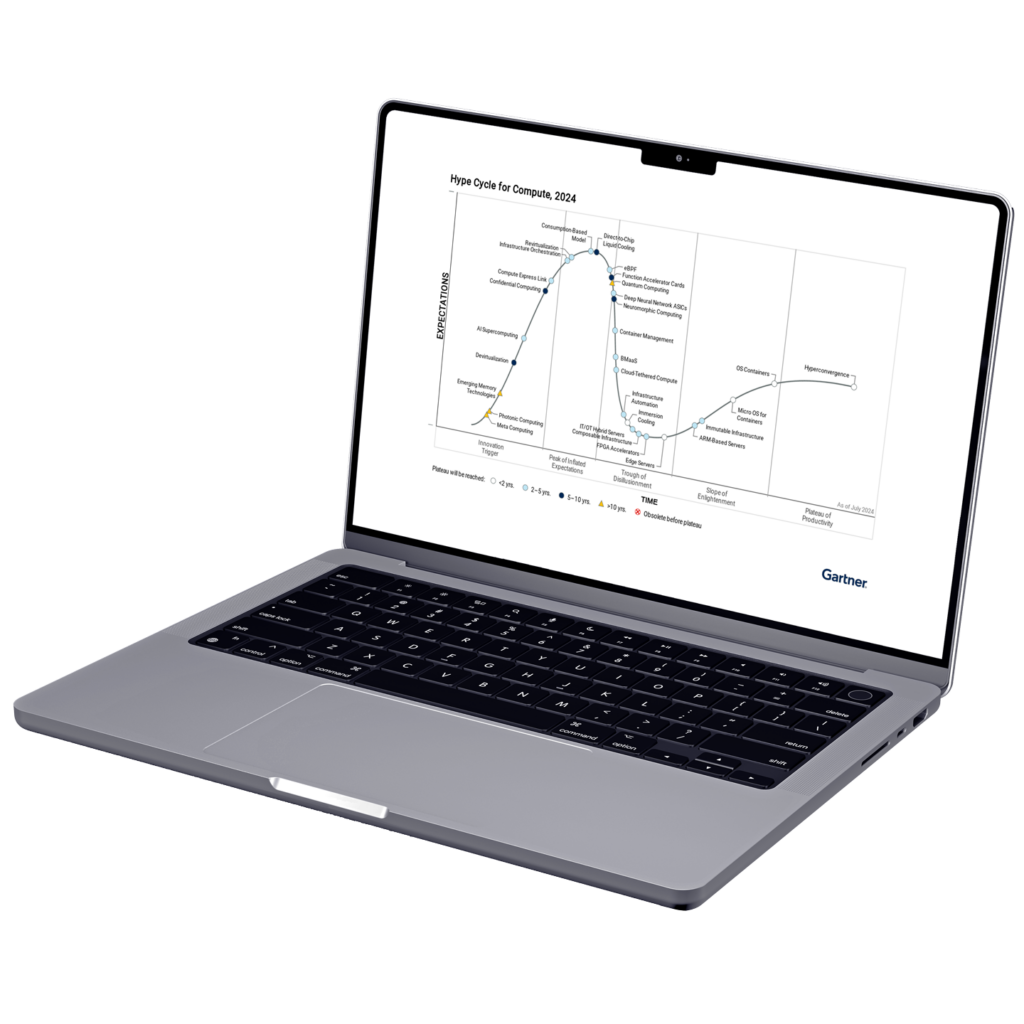Startseite » Meet Q.ANT at ISC High Performance

Hall H, Booth G12
10-13 June 2025 at Congress Center Hamburg
Photonic Computing performs, where existing computing technologies fail – by tackling the rising need for computing power due to surging AI workloads, density constraints in data centers and ever increasing energy consumption due to heavy cooling.
Experience our first commercial photonic analog processor, the Native Processing Server (NPS), promising unprecedented energy and cost efficiency for AI and HPC – live at our stand: Hall H, Booth G12
This is your chance to lead your data center into the future of efficient computing and define the competitive edge of tomorrow.
The growing energy demand of High Performance Computing centers, especially for AI applications, has led to innovations like analog computing, which can significantly reduce power consumption while optimizing performance. This Birds of a Feather session will explore the potential of analog computing through discussions with experts from industry, academia, and HPC centers, covering its advantages, applications, and future impact on the HPC ecosystem. The BoF takes place on 10 June 2025 at 5:15 pm in Hall E.
Gain early access to insights into our latest advancements in Photonic Computing by scheduling a briefing – even before ISC 2025! We also invite you to join us at our stand to meet our experts and experience the Native Processing Server live.
Schedule your appointment now to stay ahead of the curve and get the inside scoop on how Photonic Computing can shape the future of efficient High Performance Computing.
Q.ANT develops photonic analog processors which use light instead of electrons to process information delivering unprecedented efficiency for AI and High Performance Computing. Q.ANT’s photonic approach promises a paradigm shift in computing through more energy efficient calculations compared to existing processor technologies and increased data center capacity driven by higher computational density for:
ISC 2025 is the 40th anniversary of the world’s leading forum for High Performance Computing, AI and Data Analytics in academia, government, and industry.
We are challenging nothing less than the status quo’ – The FAZ writes about the “superchip from Europe” and why it could turn the industry upside down.
In EE Times, Sally Ward-Foxton explains how Q.ANT’s launch of a photonic AI chip pilot line using lithium niobate (TFLN) boosts semiconductor sustainability and strengthens Europe’s computing independence.
“We are breaking through the narrative that you have to invest billions in new factories in order to produce cutting-edge technology.” Michael Förtsch explains the impact of Q.ANT’s technology on European tech sovereignty in the Wirtschaftswoche podcast.
Why is Q.ANT building its own pilot line and what opportunity does it offer for Europe? Michael Förtsch explains in an interview with Heinz Arnold from Markt&Technik.
Photonics Spectra highlights how Q.ANT’s photonic AI chip pilot line, using lithium niobate creates a blueprint for cost-effectively modernizing chip production worldwide.
In a feature by eeNews Europe, Peter Clarke reports how Q.ANT’s new pilot line could accelerate optical chip production for more efficient AI processing in Europe.
In an interview with Peter Clarke from eeNews Europe, Michael Förtsch details how Q.ANT’s new lithium niobate processor achieves 30x efficiency improvements over traditional GPUs through analog optical computing.
Q.ANT GmbH
Handwerkstr. 29
70565 Stuttgart
Germany
We provide exclusive access to the Gartner® Hype Cycle™ for Compute 2024 report. Learn how Photonic Computing can transform future business and society.
